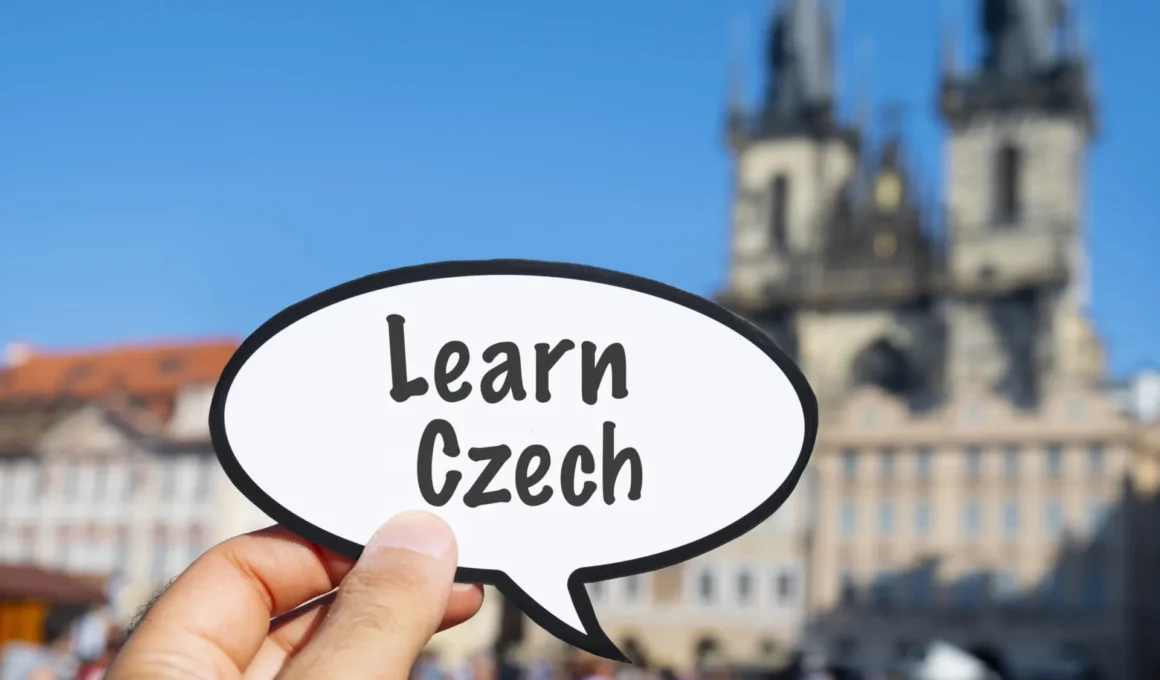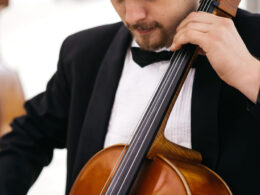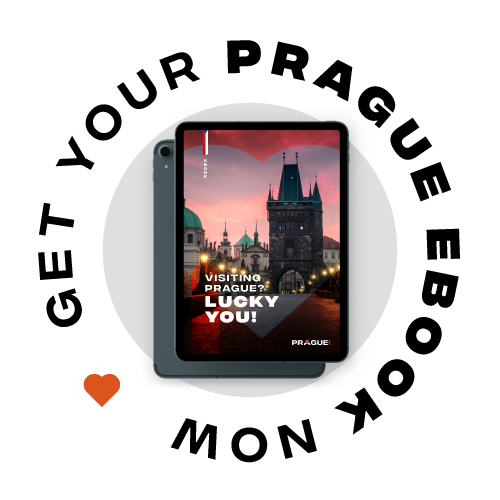Table of contents Show
Language in Czech Republic
Czech is the official language spoken in Prague. Most of the country’s population (96%) speak it although there are also pockets of German, Polish, and Romani speakers. Closely related to Slovak and similar to Polish, Russian, and Croatian, it’s influenced by Latin and German and is considered among the most difficult to learn.
Historical Development of the Czech Language
Historians believe that Greek Byzantine missionary brothers Cyril and Methodius brought the first written Slav language to the Czech Republic around the 9th century, three centuries after the arrival of the first Slav settlers in the country.
Literary Czech first appeared as short or marginal notes in books that date back to the 12th and 13th centuries. However, a uniform language only started coming to being in the 15th and 16th centuries. Published in Pilsen in 1468, “Príbeh o Trójské válce” or the story of the Trojan war is recognized as the first printed book in the Czech language.
Religious reformer Jan Hus is attributed for pushing forward innovations in Czech orthography, eventually leading to the Czech translation of the Bible. He is reportedly behind the use of diacritics, which include carons or small hooks and acute dashes that appear on letters you’ll find in written Czech.
German became the main language of literature and government during the Austrian Habsburg dynasty’s reign in the country. But Czech started undergoing a revival, first in the academe before extending to public life, in the latter half of the 18th century. It eventually became the dominant language of administration with the collapse of the Habsburg Empire in 1918.
Speaking Czech in Prague

With around 200,000 foreign residents in Prague, you’d also hear other languages in the Czech capital. Ukrainians make up the largest expat community, followed by Slovaks, Russians, and Vietnamese.
Most Czechs and Slovaks can understand each other as around 30% of their vocabularies are identical. After all, the Czech and Slovak republics had been one nation—Czechoslovakia—from 1918 until their peaceful separation in 1993.
English fluency is a much sought-after work skill and locals in Prague have a higher proficiency in the language compared to other parts of the country. Personnel at the airport and tourist facilities have a fairly good command of English, while many establishments use it to write instructions or reminders. However, the proficiency among bus drivers and police officers is still wanting.
Prague has language centers that offer foreign students and expats customized Czech language lessons often held in small groups to make learning faster and more engaging.
Useful Czech Phrases and Sentences
One of the best ways to engage with locals better while visiting Prague as a tourist is to learn basic Czech words and phrases. You can start with the following:
Practical questions
- How are you? Jak se máte? (Yak se ma-tey, formal)/ Jak se máš? (Yak se marsh, informal)
- I’m well, and you? Jde to a ty? (Yee-deh toh ah teh)
- Do you speak English? Mluvíš anglicky? (Mloo-vish ang-gli-skee)
- How much is it? Kolik to stojí? (Kolik to stoyee)
- When? Když? (Geh-dish)
- Where is the bathroom please? Kde je toaleta prosím? (Kdeh-yeh-toh-ah-le-ta pro-seem) or Kde je záchod prosím? (Kdeh-yeh-zah-hod pro-seem)
Self-introduction
- Hello. Ahoj. (A-hoy)
- Good day. Dobry den. (Dob-ree den)
- Good morning. Dobré ráno. (Dob-reh ra-noh)
- Good evening. Dobrý večer. (Dob-ree ver-chair)
- My name is _. Jmenuji se _. (Ye-menu-yi se)
- Thank you. Dekuji. (Geh-kweh)
- Glad or nice to meet you. Těší mě. (Tyeh-shee myeh)
- Good night. Dobrou noc. (Dob-roo nots)
Simple vocabulary
- Yes. Ano. (Ah-noh or noh)
- No. Ne. (Neh)
- Excuse me. Promiňte. (Proh-min-ee-teh)
- Please. Prosím. (Proh-sim)
- Good, thank you. Dobře, děkuji. (Dob-je geh-kweh)
- I’m sorry. Omlouvám se. (Om-loh-vaam seh)
- I don’t understand. Nerozumím. (Neh-roh-zah-mim)
- The bill, please. Účet, prosim. (Oo-chet pro seem)
- Good-bye (formal). Na shledanou. (Nas-khle-da-no)
- Bye (informal). Čau (Chow)
- See you later. Zatím (Zah-tim)
- Congratulations! (graduation, engagement, marriage) Blahopřeji! (Blaho-preyi)
- Men Muzi (Moozhee) or Pani (Pahnee)
- Women Zeny (Zhenee) or Damy (Dahmee)
- Today Dnes (Dnehs)
- Yesterday Vcera (Fcheh-rah)
- Tomorrow Zitra (Zee-trah)
- Tonight Dnes večer (Dnehs veh-chehr)
- Correct/right Správný (Sprav-nee)
- Water Voda (Vo-dah)
- Delicious Výborný (Vee-bor-nee)
Numbers:
- 1 Jeden (Yeh-den)
- 2 Dva (D-vah)
- 3 Tři (Tree)
- 4 Ctyři (Ch-teh-reh)
- 5 Pět (Pyet)
- 6 Sest (Shehst)
- 7 Sedm (Seh-doom)
- 8 Osm (Oh-soom)
- 9 Devět (Deh-vet)
- 10 Deset (Deh-set)
Helpful Language Apps
You can also learn how to speak basic Czech by taking lessons via mobile app. Here are some popular ones you can try:
● italki

With italki, you can learn through an online tutor and you can schedule the time of your class. It also connects you with a community of other language learners so you can practice and ask questions.
● Preply
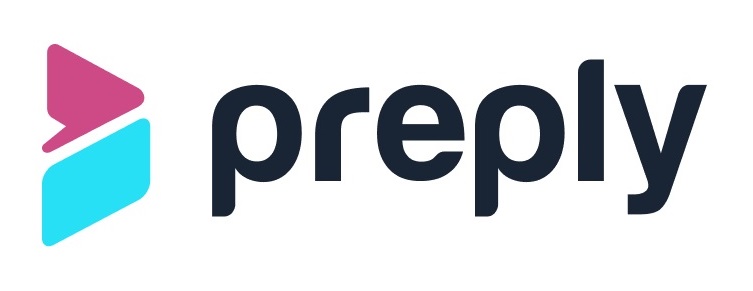
Just like italki, the platform shows profiles of their teachers so you can choose who will help you learn conversational Czech.
● Czechclass101
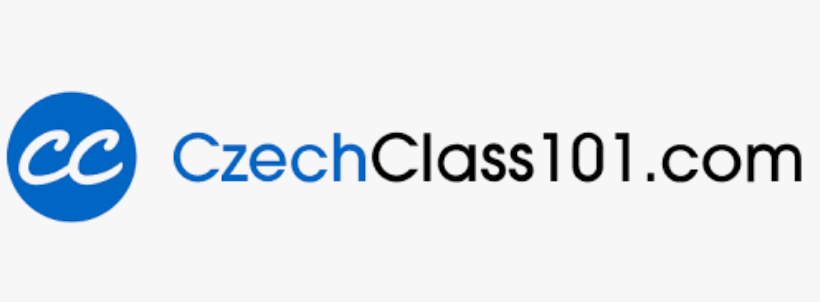
This podcast-style learning website lets you learn the language through video and audio lessons, word lists, flashcards, and slide shows. You get enough initial instruction in English to help you transition to the Czech lessons.
● Pimsleur

This audio-focused app uses the Pimsleur method used by companies and government offices for employee language training.
● Mluvte Cesky

Aimed at serious learners, Mluvte Cesky offers beginner to advanced courses that include tests. Endorsed by the EU, only higher-level lessons include audio and video content.
● Mondly
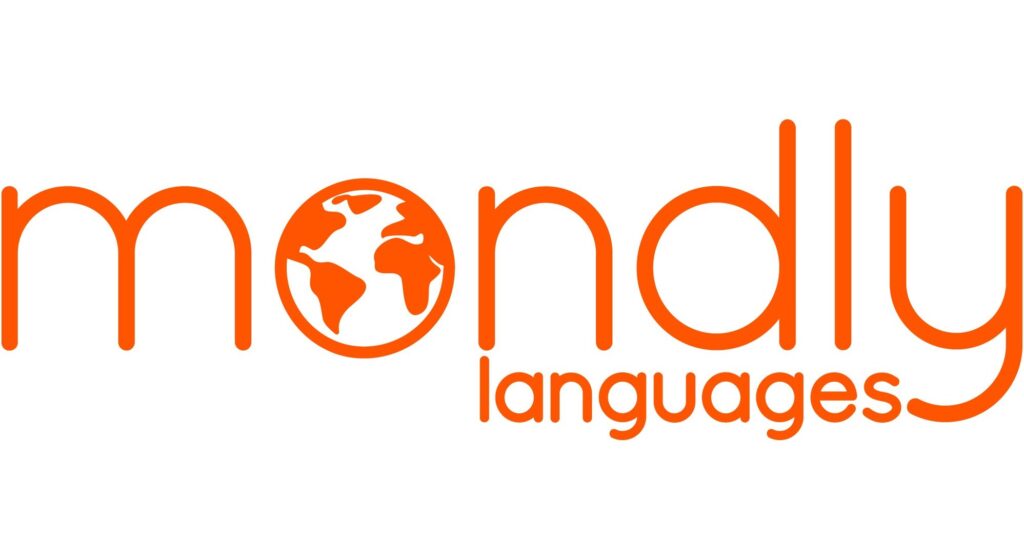
If you want something light and fun, you can get acquainted with basic Czech words and phrases through games and quizzes on Mondly.
For more tips, tricks and detailed info on how to find the best accommodation for you, check out:
